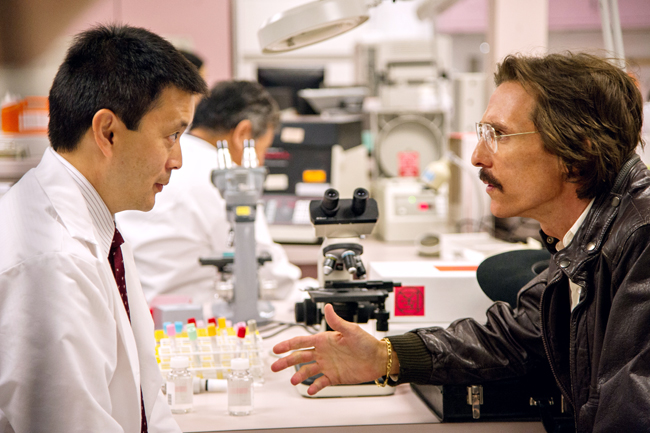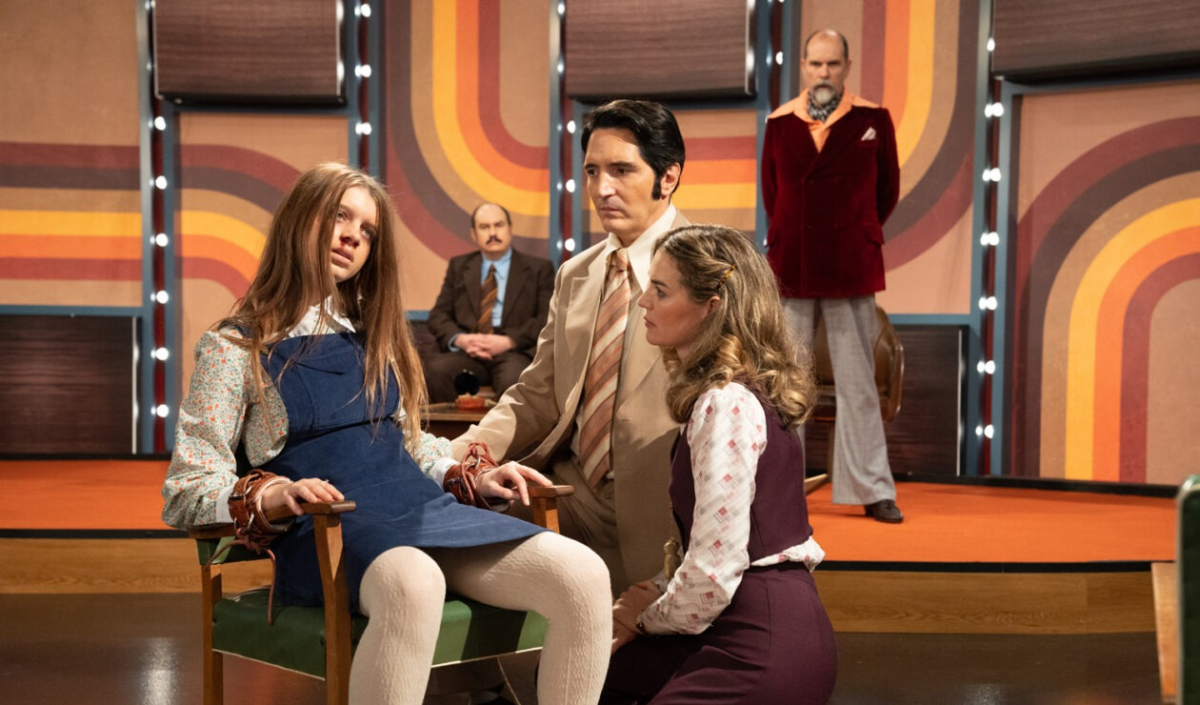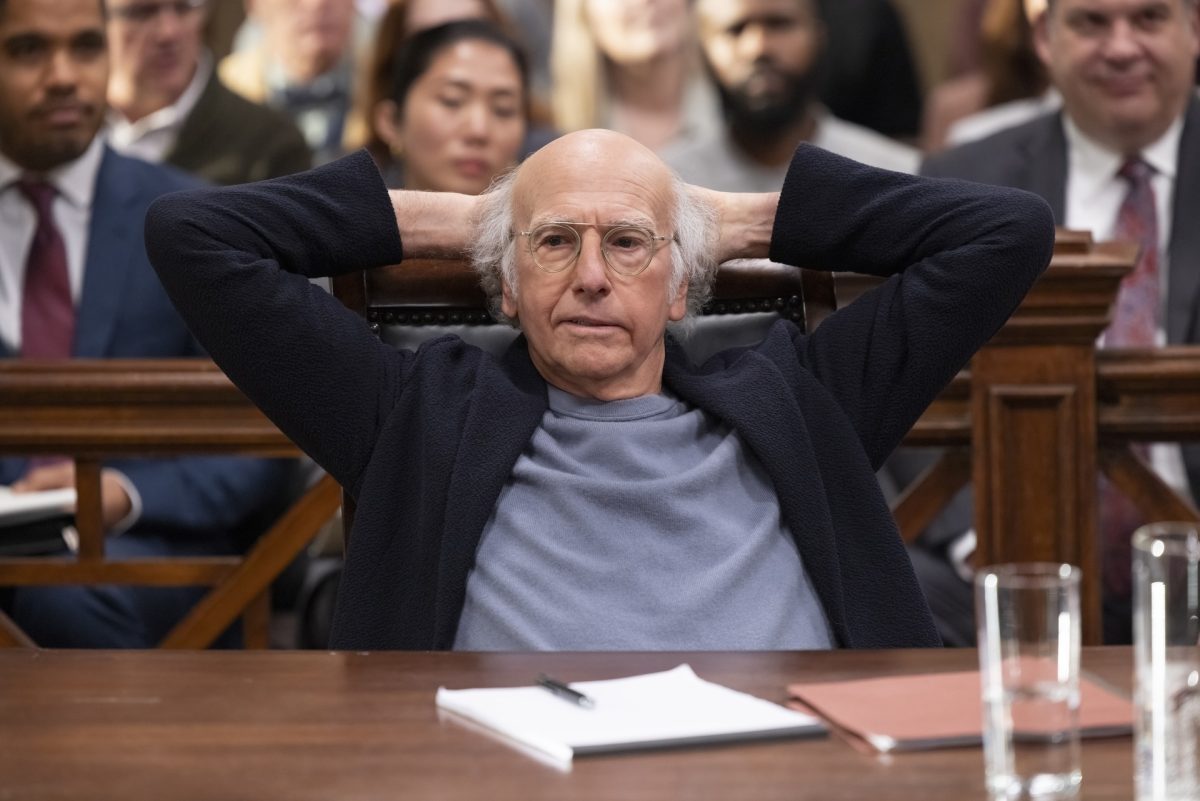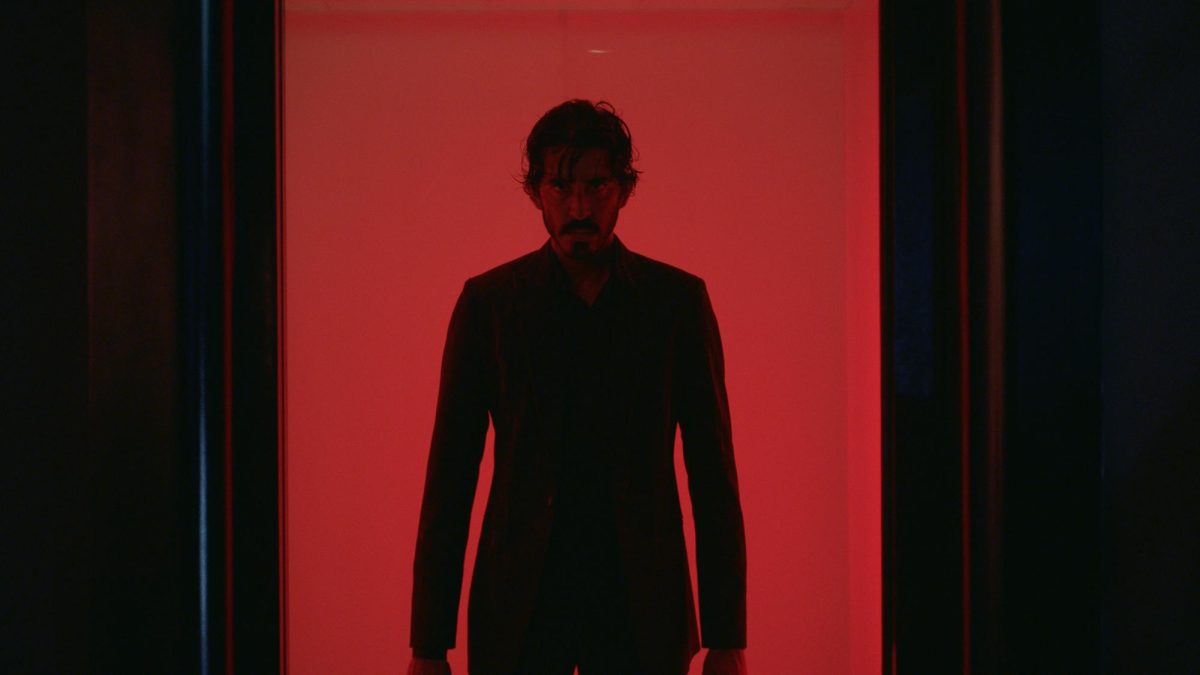In “Dallas Buyer’s Club,” Matthew McConaughey plays a racist, homophobic electrician named Ron Woodroof. The film, directed by Jean-Marc Vallee, almost goes out of its way to avoid becoming what it easily could have been: a sentimental and heartfelt tale of one bigot learning to accept others — and probably finding love in the process. In forsaking the obvious route, “Dallas Buyer’s Club” manages to craft a down-to-earth and inspiring story of survival.
Woodroof is based on the real-life activist of the same name who was diagnosed with AIDS in 1986, a time when the disease was still widely considered to only be a threat to homosexuals. When Woodroof is diagnosed, he is shocked. But after taking stock of his deteriorating body — McConaughey reportedly lost 47 pounds for the role — he tries to get his hands on the AZT drug, which was untested at the time. Woodroof is told he has 30 days to live. Waiting six months for the first round of human trials to be approved by the FDA isn’t an option. He starts stealing the drug — nearly dying due to the drug’s destructive effects on his already frail immune system — and later finds a doctor in Mexico who will sell him a pharmaceutical cocktail of supplements and medicines that is not available in the U.S.
Always looking to make money, Woodroof starts importing the drugs from Mexico and Japan and selling them to AIDS patients in Dallas. With the assistance of Rayon (Jared Leto), a drag queen and fellow patient, Woodroof opens the Dallas Buyer’s Club — a membership based supply of AIDS symptom-fighting drugs that cannot be obtained anywhere else. Most of the club’s members are gay, and the film benefits from never letting itself forget that Woodroof’s actions are based on self-interest. He does become an activist, but only out of the need to raise support for his efforts in the face of increasing attention from the federal government. Woodroof grows more accepting of his clientele, and the slow dissipation of prejudice is more believable because it is inspired by the primal need to survive.
McConaughey and Leto deliver outstanding performances. There is more at play than the physical transformations the actors took on for their roles. Woodroof is gruff, sarcastic and volatile for most of the movie, but there’s an unmistakable charisma there. He is clever, and it’s easy to see why people are drawn to him despite his dour exterior. Rayon,
meanwhile, makes for the most unlikely partner-in-crime Woodroof could have asked for. Leto is
heartbreaking and hilarious, often at the same time.
“Dallas Buyer’s Club” succeeds because it doesn’t attempt to sensationalize an unsentimental issue. At times it feels like the businessman’s response to “Rent.” While that classic musical depicted AIDS as a failed suppressor to vibrant energy of life, “Dallas Buyer’s Club” shows how the disease organized those who weren’t ready to see their lives end. Woodroof began by looking out for himself and inadvertently became an unlikely champion for AIDS victims. He probably never imagined such a thing happening, but he played the hand he was dealt.





















